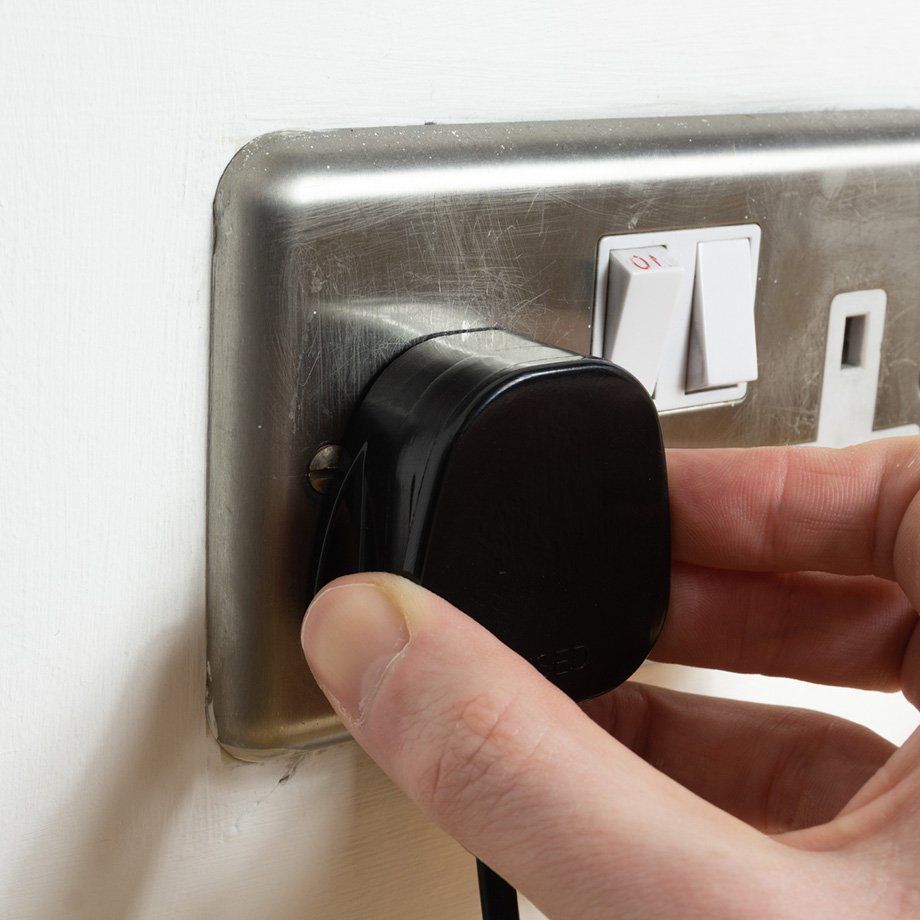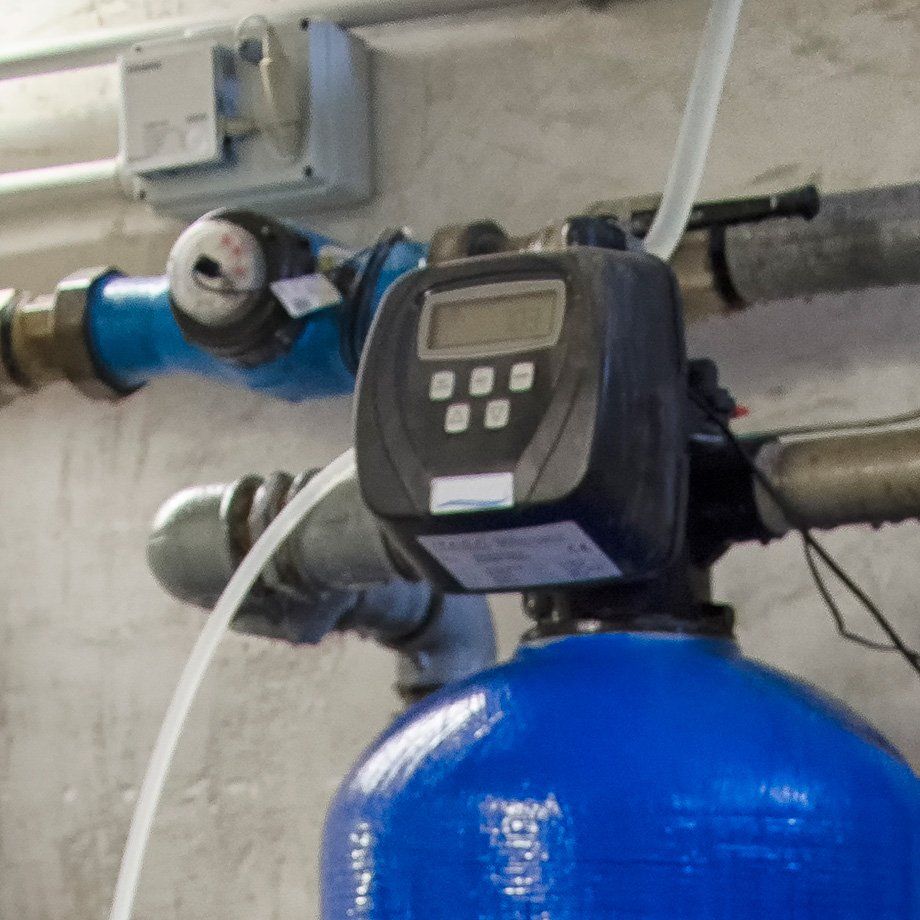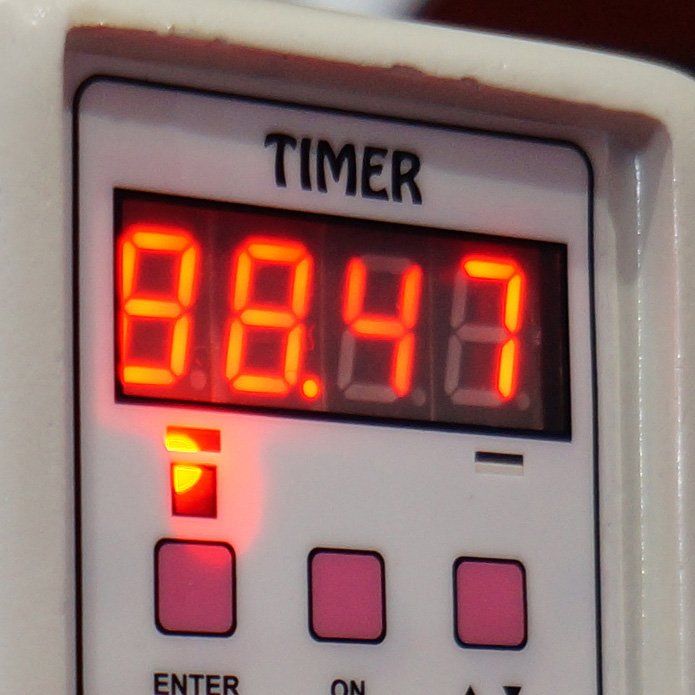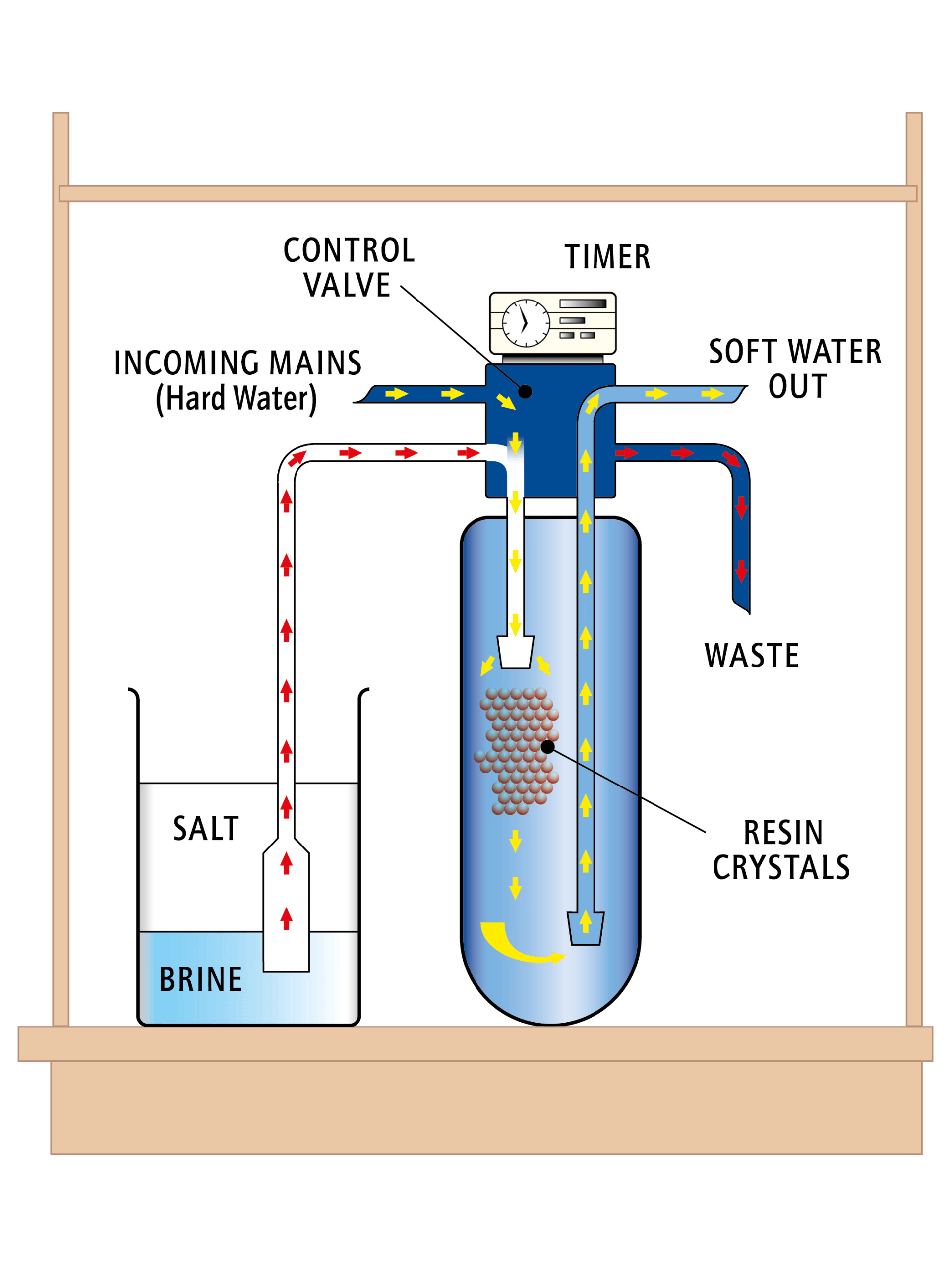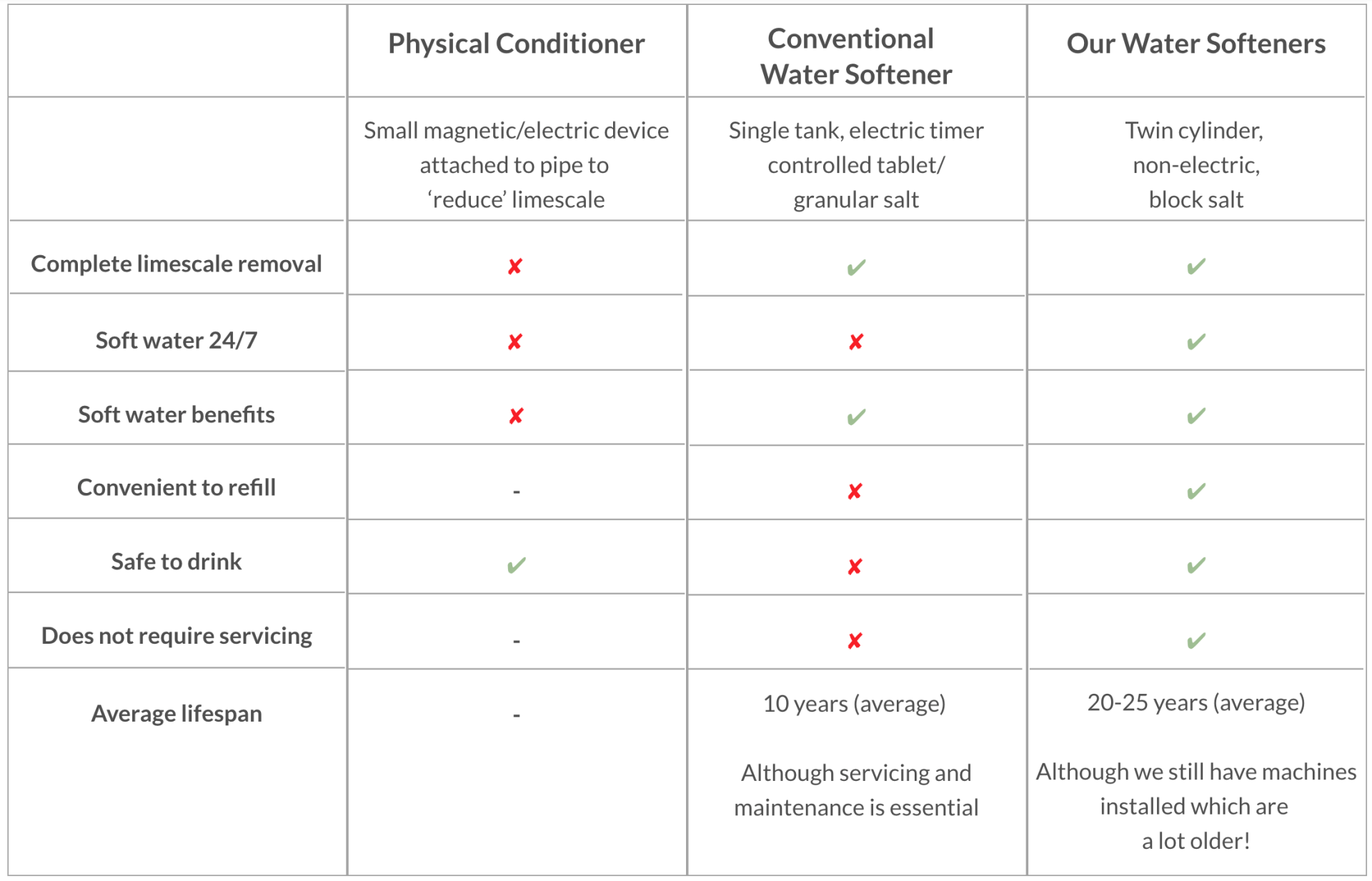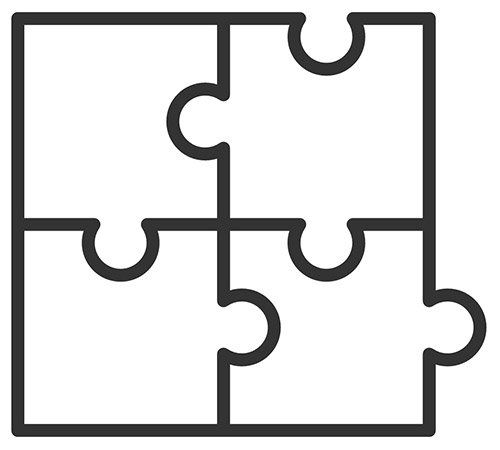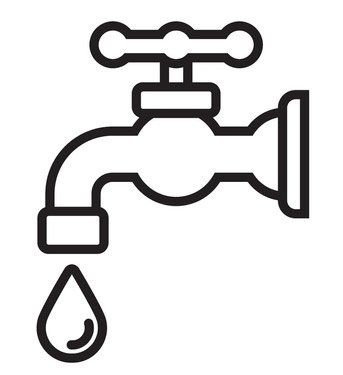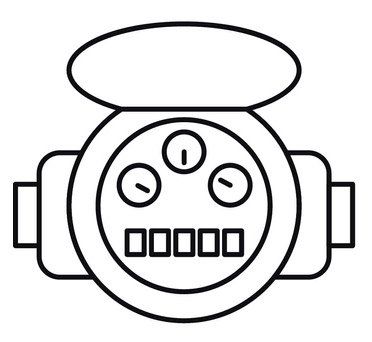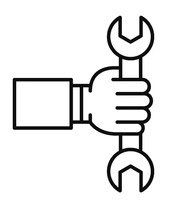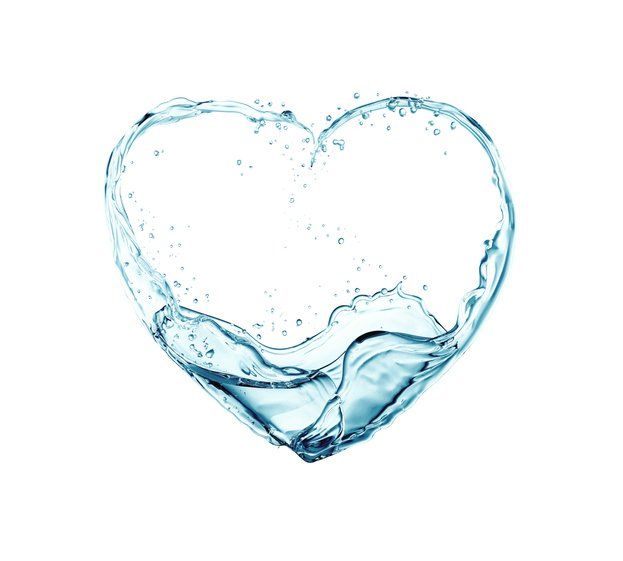Comparisons
Why choose our softener?
We could easily retail lots of different types of water softener from all budgets and operating styles but we don’t.
Why is that? – Simple answer: Our customers and our reputation.
Our customers and reputation mean a lot to us and so to protect that, we have only ever sold a certain type of softener…
- Non-Electric
- Twin Cylinder
They are certainly not
the cheapest; however they are the best
and it’s proven.
We only promote products we trust.
The water softener market is vast, so how do you know which one is right for you?
Here are some comparisons to help you make your decision…
Electric Vs Non-Electric
The two main distinctions between water softeners are if they are timer controlled (electric) or meter controlled (non-electric).
Electric water softeners are essentially controlled by a timer which dictates when the regeneration cycle occurs.
This can be regardless of the water consumption in the property meaning one of two things:
1) Either the water softener is cleaning before it technically needs to (i.e., The water softener still has the capacity to soften more water before a clean is actually required)
Or,
2)
It has already become exhausted before the regeneration cycle has been set to occur, because more water has been used than the softener can soften. This therefore means that any water used in the property after the cylinder is exhausted (and before the scheduled regeneration) has reverted back to hard water.
Either way, it’s a negative as you are either wasting water/salt
unnecessarily or suffering with hard water
leaching back into the property.
Electric water softeners are usually programmed to regenerate in the evening or night time.
This could be for two reasons: firstly, you won’t hear how much water
is being flushed down the drain; and secondly, the water pressure may drop
in the property whilst this process happens.
Single Cylinder vs Twin Cylinder
The other big difference between water softener units is if they have one cylinder or two.
Two cylinders are 100% the best option as it has the ability to do two things at once — provide soft water and clean if required.
As a rule the single cylinder type tend to be larger in size and waste more water and salt.
There are two things to keep in mind with the single cylinder type:
1. Firstly, they can only do one thing at a time. When the water softener goes offline to regenerate it is unable to supply soft water at the
same time – this is why they are scheduled to carry out a regeneration
at night time when in theory no water is required in the property.
2. Secondly, again due to the functionality of only having one cylinder,
it does not have the ability to carry out the regeneration using soft
water. Due to this the valves are subjected to hard water and will scale
up. Therefore, repairs are likely and annual servicing is essential.
In comparison — with a twin cylinder water softener you will receive softened water all day every day regardless of how much water you
use. Even if a tap was left running accidentally, it would not revert
back to hard water.
Furthermore, the entire regeneration cycle is carried out with
softened water protecting the working internal parts from the scaling
and damage.
Water Softener vs Physical Conditioner
First and foremost, a physical conditioner does not
remove hardness minerals from the water.
There are different types of physical conditioner: electro-magnetic, magnetic, electrolytic, and electronic.
They all work the same way, in that they intend to reduce scale build up by modifying the structure of the minerals in the water by encouraging the formation of crystals.
They are very cheap
and small; however the benefits you achieve with a water softener are not
the same.
Fundamentally the magnesium and calcium in the water which causes hard water are still there —
you can still see
the limescale and you can still feel
it.
You will not
achieve the lather from soap detergents or feel the difference on your hair and skin.
It is worth pointing out that sometimes more than one of these devices is required and the effects of
the conditioning reduces when water lays dormant (like in a storage tank for example.)
We would not recommend these devices. If they worked, we would sell them.
Hardness still enters the property and soft water benefits are not obtained at all.
Comparison Chart
Helpful Things to Consider When Choosing a Water Softener...
Choosing a water softener is no longer an easy decision.
There are so many out there of varying price and quality so if you are stuck it’s worth considering the following things…
Cheaper doesn’t mean better
“You get what you pay for”
is a cliché commonly used but in this case it’s true. We understand that our water softeners cost more than most; however quality is priceless.
Our advice is: do your research and make sure you a have a good feeling about the product or company you use.
We are experts in this field with over 40 years’ experience, so if you have a question about anything at all then please feel free to ask us.
Aftercare
Finally, make sure you are going to have the aftercare service you deserve.
You deserve help and assistance over the phone — (not just a national call centre)
- but helpful, local people,
a shop/office you can visit for peace of mind should you wish (not just an online shop without the security or personality)
and lastly ensure you will be able to maintain regular, reliable salt supplies.
Over the years we have seen many companies in this industry come and go. When this happens people get left with a product with no support or back up.
We pride ourselves on our level of customer service and support and always put our customers first and foremost.
Lastly, double check the guarantees of the product and make sure you trust the product/company.



